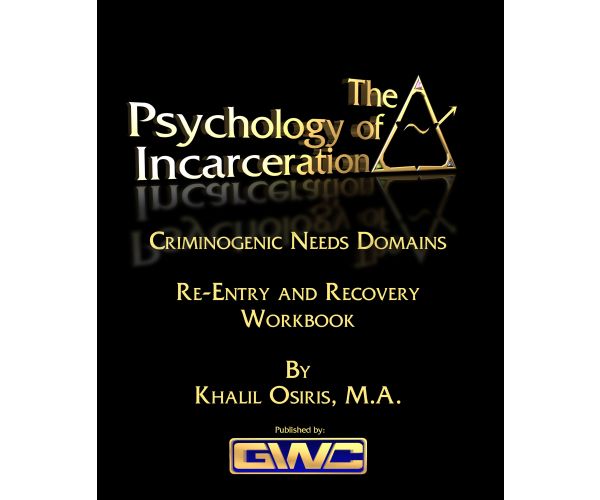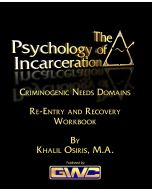The Psychology of Incarceration
The Psychology of Incarceration© is a community reentry and recovery program. It is based on the principles and practices of restorative justice and focuses on the impact of incarceration on individuals, families and communities. It is designed to empower incarcerated and formerly incarcerated men and women to identify and overcome self-imposed limitations and other barriers to their successful reentry and recovery.
The Psychology of Incarceration© curriculum is recognized by the Ohio Department of Rehabilitation and Correction as an “approved reentry program” and is taught at Wright State University. It includes a Leaders Guide and 20 study guides.
Part 1: Self-imposed Limitations.
Part 2: Employment/Education- Work and the role of work in one’s life.
Part 3: Marital/Family Relations- Family members and the support one derives from them.
Part 4: Association/Social Interaction- Non-criminal associates and the opportunity for positive interaction.
Part 5: Substance Abuse- Living without reliance on alcohol and/or drugs.
Part 6: Community Functioning- Knowledge and necessary skills for daily living; it includes residence, health, personal budgeting, leisure activities and the use of social services.
Part 7: Personal/Emotional Orientation- Control of one’s life; it includes decision-making, coping with stress, and mental health.
Part 8: Attitude- Living in law-abiding ways.


